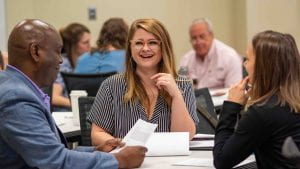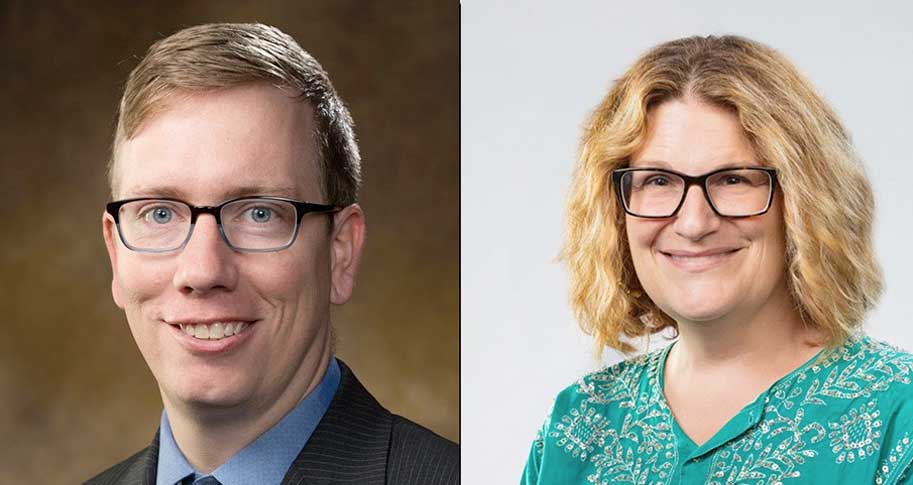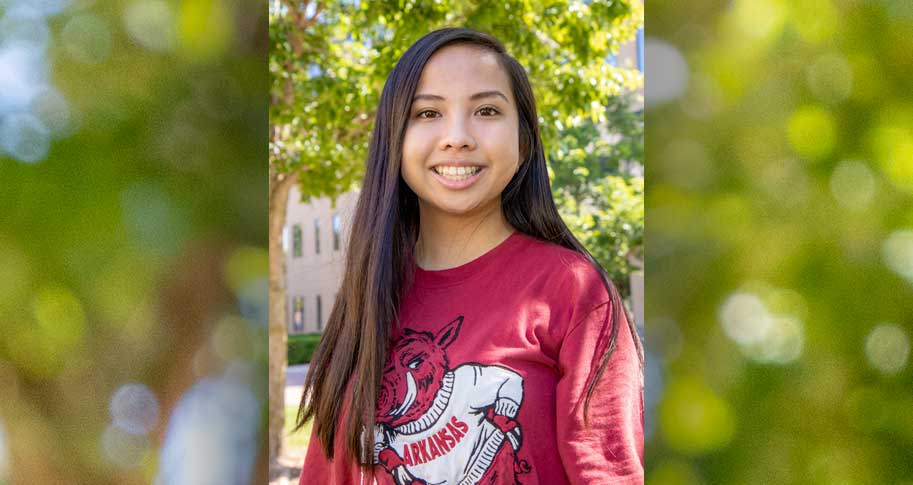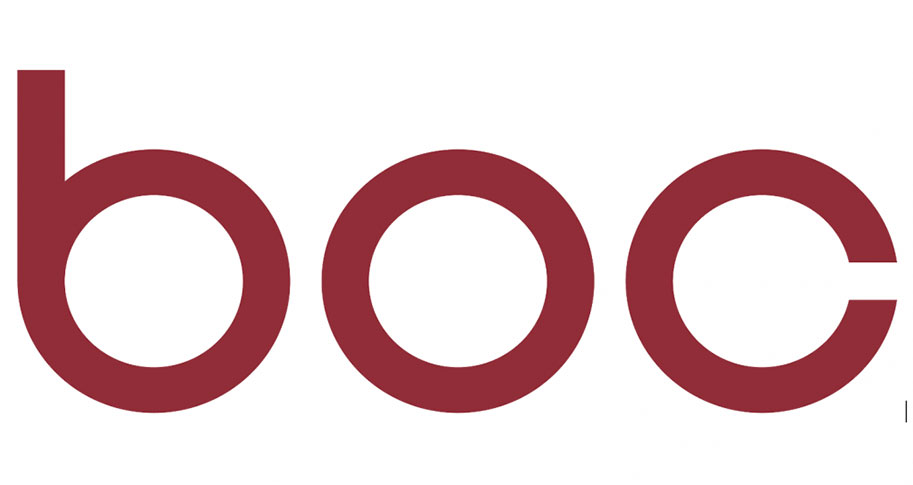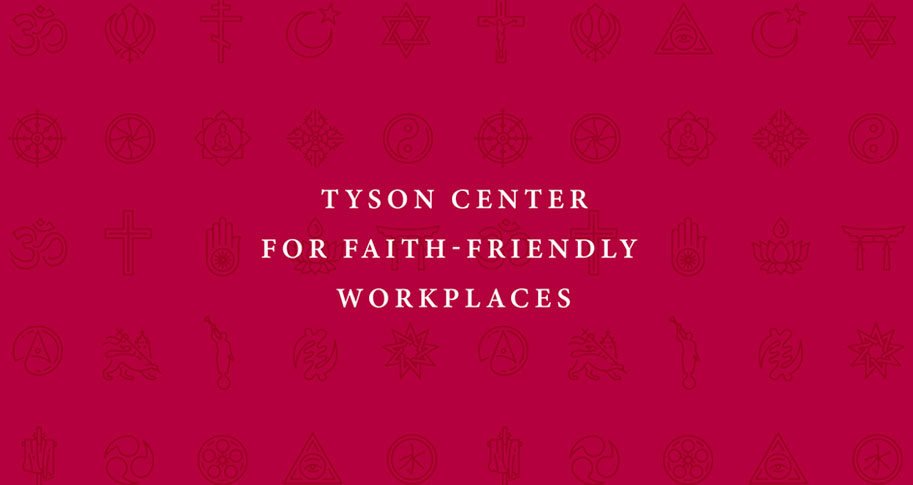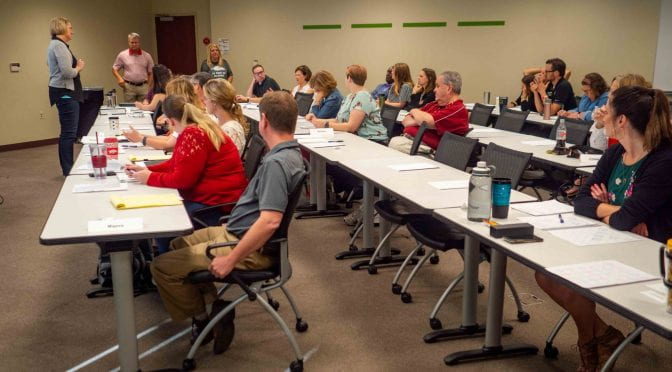
This fall’s freshman business students at the University of Arkansas will help design their unique college experience while they learn core skills and values in a totally new way.
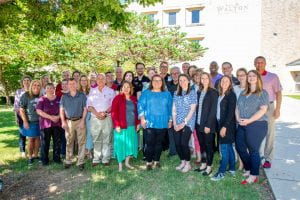 Freshman Business Connections, a first-year experience class required of all Sam M.
Walton College of Business incoming students, has been revamped for fall 2019 to shift
the course focus from “Here are all of the resources to help you be successful” to
“Why are you here and how can we help you design your Walton?”
Freshman Business Connections, a first-year experience class required of all Sam M.
Walton College of Business incoming students, has been revamped for fall 2019 to shift
the course focus from “Here are all of the resources to help you be successful” to
“Why are you here and how can we help you design your Walton?”
Karen Boston, Walton College assistant dean for student success; Jeff Hood, executive director for undergraduate programs, and Deb Williams, director of student programs for the Office of Entrepreneurship and Innovation, participated in Stanford University’s Life Design Studio in summer 2019 with an eye to making fundamental changes in the way Freshman Business Connections was conducted.
“We are developing an overarching strategy for student success in the Walton College with the idea that these concepts will be introduced to freshmen for the first time in FBC,” Boston said. “Our student success strategy will support students on their personal, academic and professional journey.”
The course has traditionally focused on helping students new to the university and the business school get adjusted to college classes, teaching resources such as study skills and time management while familiarizing them with the Walton College departments and majors.
“The decision to revise our Freshman Business Connections course came from Chancellor Steinmetz’ challenge to all of us on campus to revisit our student success initiatives,” said Anne O’Leary-Kelly, senior associate dean and William R. & Cacilia Howard Chair in Management. “We learned from our colleagues in the Fulbright College about the Stanford Life Design experience, and we are grateful to them for guiding us in this direction. We are excited about piloting the life design-focused FBC program this fall and are confident the life design approach will be helpful in other student initiatives, such as innovation initiatives in the university’s new living learning community in the Adohi Residence Halls.”
The tweaked course incorporates the life design thinking principles learned at Stanford, shifting the mindset of the class, not just the content – a mindset administrators hope will follow students throughout their career.
“Based on feedback from our employers, students, alumni, advisory boards, national standards and our AACSB goals, this learning journey includes requirements and opportunities for students to both explore and meet milestones (what we’re calling S.A.M.s – Students Achieving Milestones) in addition to their traditional degree expectations,” Boston said.
Students will track their S.A.M.s using the e-portfolio platform Suitable.
The Walton College Career Readiness competencies include:
- Self and Social Awareness
- Communication
- Global Intelligence
- Innovation Mindset
- Critical Thinking/Problem Solving
- Tech Readiness
- Planning and Change
- Career Management
- Leadership
- Community Engagement
- Industry Knowledge/Experience
- Majors
For fall 2019, the class includes 64 non-honors sections with approximately 1,200 new freshmen enrolled. The 28 instructors for the course, some instructors teach more than one of the classes, are a cross-section of Walton College faculty and staff including academic advisers, retention specialists, career coaches and the Business Communication Lab’s director and assistant director.
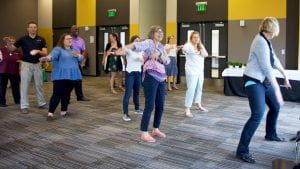 In August, the instructors attended a one-day workshop on the content of the revamped
class, participating in many of the same activities the freshmen will experience.
Those ranged from small group discussions and interaction to an improv session to
get instructors out of their comfort zones.
In August, the instructors attended a one-day workshop on the content of the revamped
class, participating in many of the same activities the freshmen will experience.
Those ranged from small group discussions and interaction to an improv session to
get instructors out of their comfort zones.
“We provided a transformational experience for the instructors modeling many of the activities, discussions and assignments in the course,” Hood said. “As part of the training, instructors participated in a simulation experience – mirroring many of the challenges and uncertainties new freshmen experience as they transition to college.”
